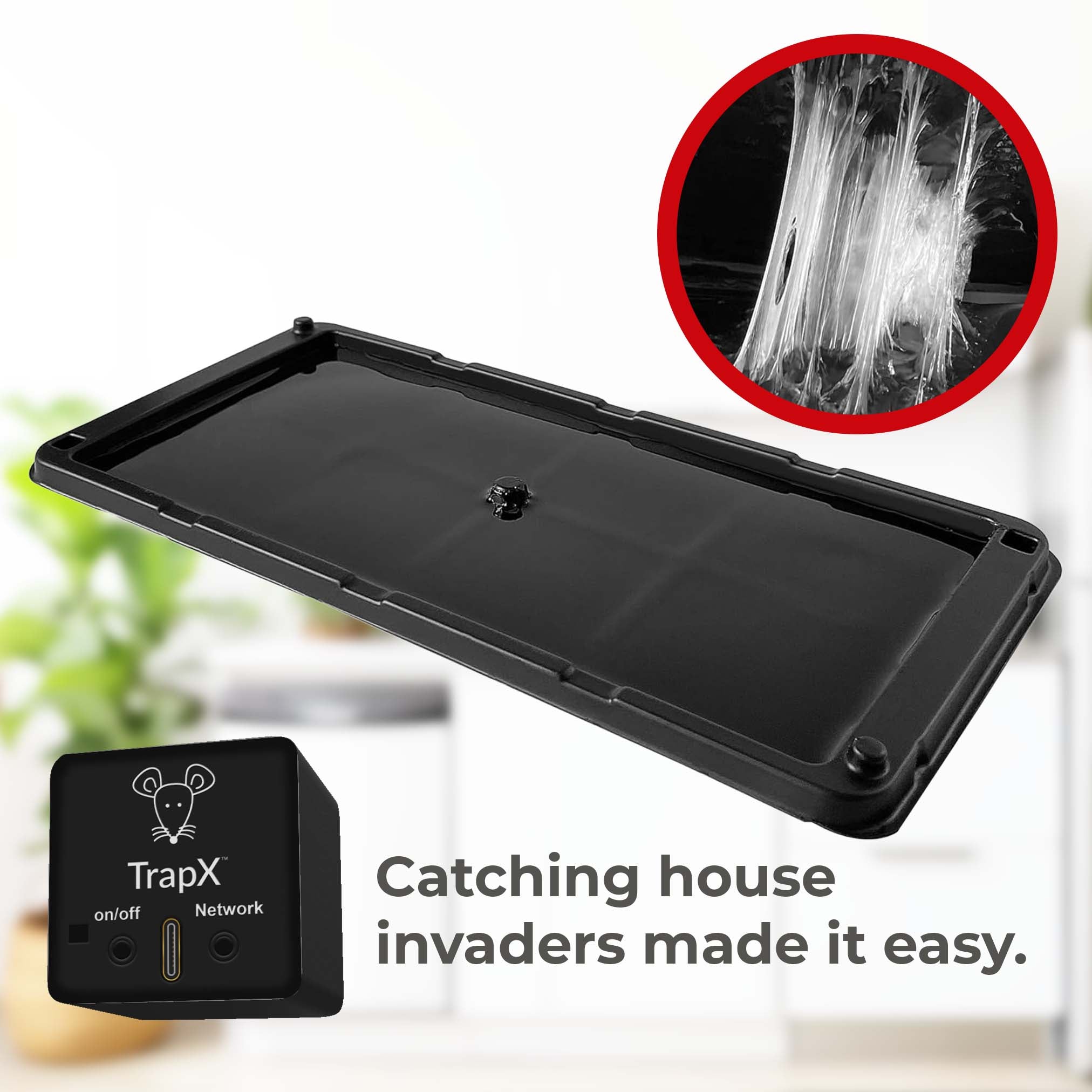Building a Fun and Functional 3 Wheel Mousetrap Car
Share
Have you ever thought about transforming simple household items into an exciting science project? If so, building a 3 wheel mousetrap car is an excellent choice. This project is perfect for anyone interested in engineering, mechanics, or just in search of a fun family activity. In this article, we'll walk you through creating your own functional 3 wheel mousetrap car.
3 wheel mousetrap cars are wonderful educational tools. They introduce basic principles of physics, particularly those related to energy, force, and momentum. With just a mousetrap and a few easily accessible materials, you'll be able to build an intriguing device that doesn't just move but races across the floor.

Why Choose a 3 Wheel Mousetrap Car?
Opting for a 3 wheel mousetrap car over its 4-wheeled counterpart provides several benefits. Firstly, the three-wheel design is simpler to build and customize. It's also generally lighter, reducing friction and enhancing speed. Moreover, the three-wheel design offers a great opportunity to learn about balance and alignmentcritical aspects of any vehicle design.
For more insights, check out this Mouse Trap Car Designs article.
Materials Needed
Before diving into the building process, gather these materials:
- Standard mousetrap
- Three wheels (CDs, bottle caps, or toy wheels work great)
- Two metal rods or wooden dowels for axles
- String
- Rubber bands
- Glue
- Scissors
- Masking tape
Looking for more creative material ideas? Visit our DIY Mouse Trap Car Guide.
Steps to Build Your 3 Wheel Mousetrap Car
Let's break down the construction process step-by-step:
Step 1: Prepare the Mousetrap
First, modify the mousetrap by removing any unnecessary parts, leaving just the spring mechanism and the wooden base. Attach the string to the metal bar of the mousetrap; this will later be wound around the axle to power the car.
Step 2: Install the Axles
Next, attach the metal rods or wooden dowels as axles. Place them at the front and back of the mousetrap base. Make sure they are securely in place using masking tape or glue.
Step 3: Add the Wheels
Attach the wheels to the ends of each axle. Ensure they are aligned correctly and spin freely. Attach the third wheel to the center front to provide the balance and stability your vehicle needs.
Step 4: Connect the String
Wind the string around the rear axle. The length of the string will determine how long and how far your car can run. Ensure the spring is pulled back to its maximum tension for the initial test runs.
Step 5: Final Adjustments
Finally, tweak and adjust your 3 wheel mousetrap car as needed. Check the wheels for free movement and ensure the string is tightly wound. Test runs are essential at this stage to optimize performance.
Need more detailed steps? Check out our Ultimate Guide.

Exploring the Physics Behind It
The principle driving a 3 wheel mousetrap car lies in converting potential energy stored in the mousetrap's spring into kinetic energy. As the spring releases, it turns the axle via the wound string, causing the wheels to turn and the car to move forward. This mechanics lesson provides a fun and interactive way to grasp fundamental physics concepts.
Troubleshooting Tips
Here are some common issues and how to fix them:
- If your car doesn't move, check if the string is too loose or too tight.
- If your car veers to one side, realign the wheels and axles.
- If the wheels dont turn smoothly, check for obstructions and ensure they are securely attached.
For additional troubleshooting advice, visit our Mouse Trap Car Tips.

Enhancing Your 3 Wheel Mousetrap Car
Once you've built a basic 3 wheel mousetrap car, you can enhance its design for better performance. Consider adding lightweight materials, such as balsa wood, to strengthen the frame without adding too much weight. You might also experiment with different wheel sizes and shapes to see how they affect the car's speed and distance.
Competitive Racing
Building a 3 wheel mousetrap car becomes even more thrilling when you turn it into a friendly competition. Gather friends or family members and compare whose car travels the farthest or the fastest. Set up a track or add obstacles for additional fun and challenges.
The Educational Value
Creating a 3 wheel mousetrap car is not just a fun activity but also an educational one. It provides hands-on experience with principles such as mechanical engineering, physics, and design. Whether you're a student, a teacher, or simply someone interested in DIY projects, this activity fosters critical thinking and problem-solving skills.
Link to a Comprehensive Guide
For a more detailed guide on building various types of mousetrap cars, check out this Science Buddies Mousetrap Car Guide. This resource offers extensive tips, tricks, and troubleshooting advice to take your project to the next level.
Conclusion
In conclusion, a 3 wheel mousetrap car is a perfect blend of fun and learning. From understanding basic physics to honing engineering skills, this project is ideal for all ages. So gather your materials, ignite that creative spark, and build a mousetrap car that not only fascinates but also educates!
